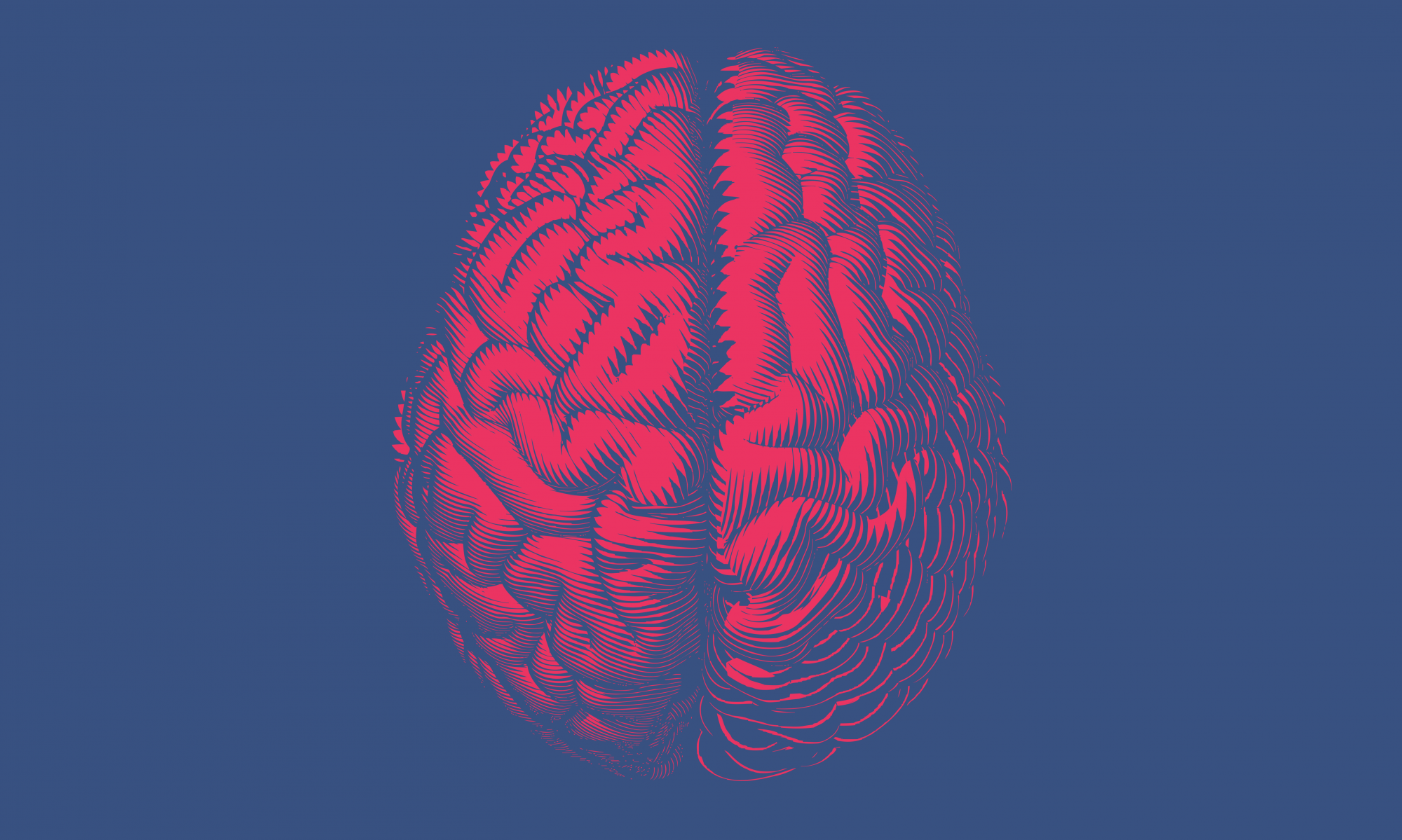Current Projects
The Effect of Early-Life Stress on Instrumental Learning
In this project, we are examining the hypothesis that people who experienced early-life stress show an increased level of habitual responding in instrumental learning tasks compared to people who did not experience early-life stress. This project is motivated by the idea that a tendency towards habitual behavior may contribute to health risks observed in people who had experienced early-life stress.
Mechanisms of Value-Directed Remembering
Given the vast amount of information encountered each day, it is important to be able to selectively encode information that is important or valuable. We are testing a dual framework in which subjects differentially use deeper semantic encoding for high-value items, and in which high-value items are automatically strengthened in memory through dopaminergic error prediction.
Influence of Implicitly Learned Priors on Decision-Making
In making a perceptual decision about an ambiguous stimulus, people tend to use Bayesian priors, such as the base rates of the different alternatives, to inform their decisions. We are studying how the implicit learning of these priors through experience can bias perceptual decisions. We are studying how healthy aging and brain disorders impact these processes. In collaboration with Prof. Jesse Rissman at UCLA, we are examining the neural basis of the use of priors in decision-making with fMRI.
Characteristics of Prospective Memory in Healthy and Neuropsychological Populations
Prospective memory means remembering to carry out a specific intention in the future and is extremely important in daily life. In collaboration with UCLA Health Operation Mend, we are examining the factors that contribute to prospective memory deficits in veterans seeking treatment for PTSD and traumatic brain injury. We are also investigating basic science questions such as the role of the value/importance of intentions in prospective memory.
